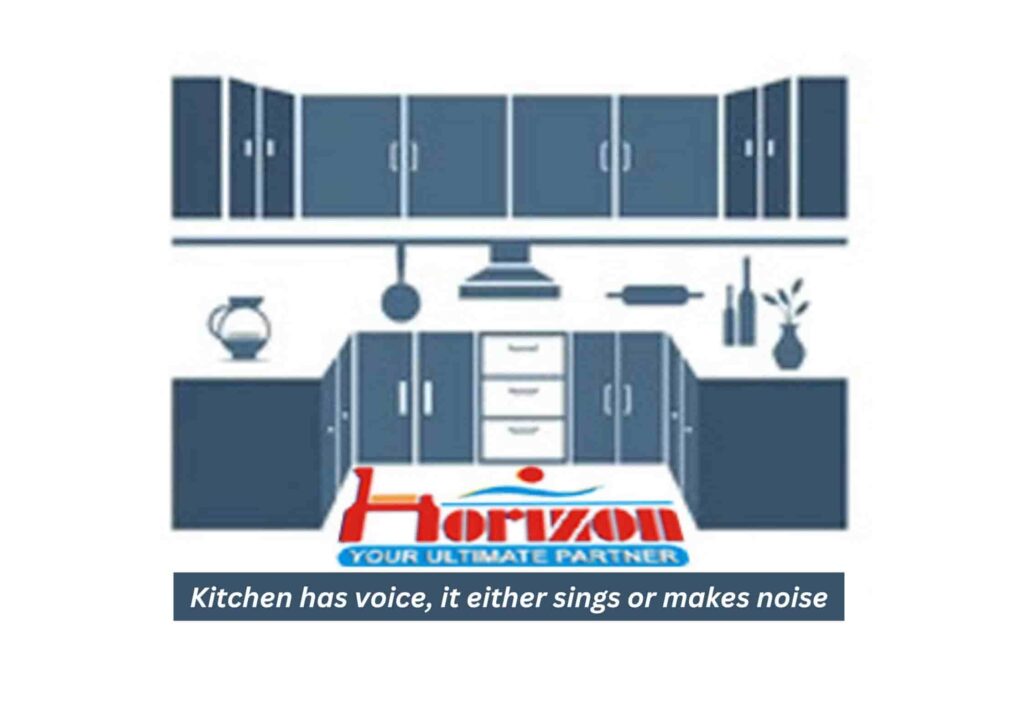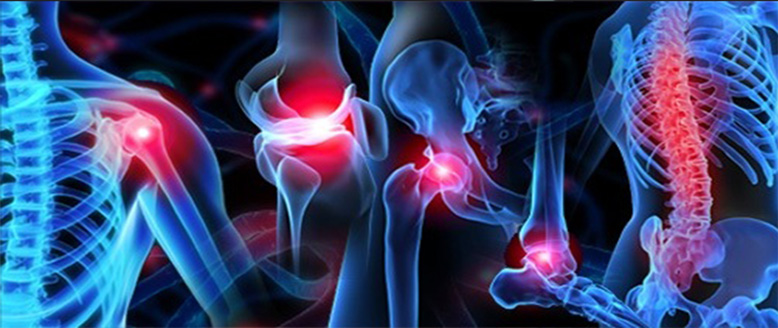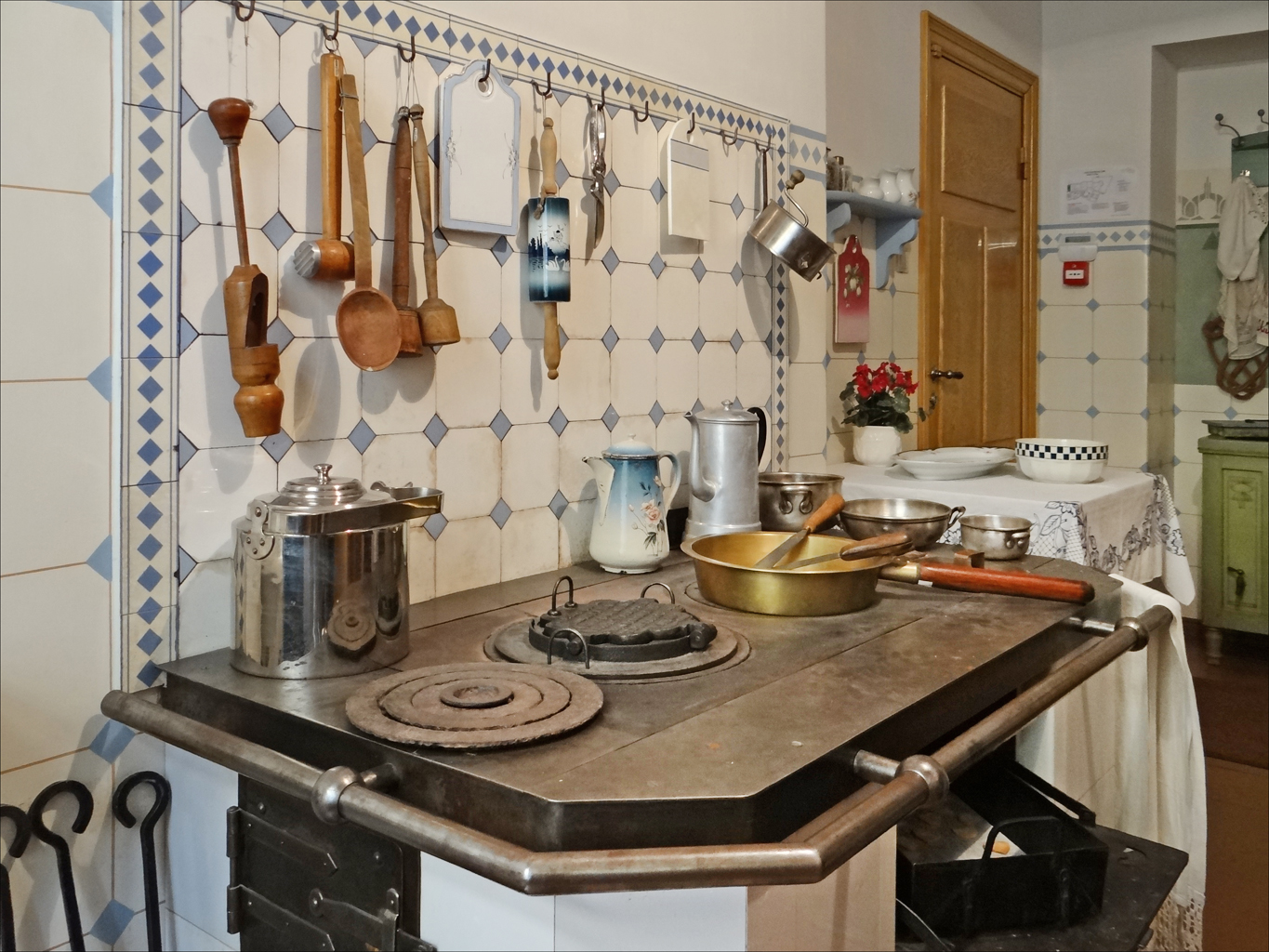

Introduction:
When it comes to designing a kitchen, style and aesthetics often take center stage. However, prioritizing these aspects over ergonomics can have significant consequences. A non-ergonomic modular kitchen may look sleek and trendy, but it can lead to discomfort, health issues, reduced productivity, and safety risks.
In this blog, we will delve into the consequences of sacrificing comfort for style in your kitchen and highlight the importance of incorporating ergonomic principles for a truly functional and enjoyable cooking space.
Discomfort & Fatigue

A non-ergonomic kitchen design can result in discomfort and fatigue during daily kitchen activities. Inadequate countertop height, poorly positioned appliances, and lack of proper storage can force you to adopt awkward postures, leading to muscle strain and overall exhaustion.
Musculoskeletal Issues:

Prolonged use of a non-ergonomic kitchen can contribute to musculoskeletal problems. Constantly working in awkward positions and repetitive movements can lead to issues like back pain, neck strain, shoulder discomfort, and even wrist injuries such as carpal tunnel syndrome.
Reduced Productivity:

A poorly designed kitchen can hinder productivity and make cooking tasks more challenging. Limited accessibility to utensils, ingredients, and tools due to improper storage or cramped workspace can lead to wasted time and effort, slowing down your cooking process.
Increased Risk of Accidents:

A non-ergonomic kitchen layout can increase the risk of accidents. Limited space, obstructed pathways, inadequate lighting, and poorly placed appliances can contribute to trips, falls, and collisions. Sharp corners or unsafe placements can also result in accidental injuries.
The strain on Vision:

Insufficient or improper lighting in the kitchen can strain your eyes, leading to eye fatigue and discomfort. Inadequate task lighting can make it difficult to see clearly, increasing the chances of accidents and mistakes during food preparation.
Lack of Functionality:

Non-ergonomic kitchen designs often lack functional efficiency. Inefficient storage solutions, insufficient counter space, and impractical layouts can limit the usability of the kitchen, making it challenging to perform tasks efficiently.
Long-Term Health Issues:

Working in a non-ergonomic kitchen over an extended period can contribute to chronic health issues. Musculoskeletal problems can worsen, leading to chronic pain or repetitive strain injuries. Poor posture and improper movements can also result in long-term joint problems and reduced mobility.
Conclusion:
While it’s tempting to prioritize style and aesthetics in a modular kitchen, neglecting ergonomic considerations can have serious consequences. Comfort, functionality, and safety should be given equal importance to create a truly ergonomic kitchen. By incorporating adjustable countertop heights, efficient storage solutions, proper lighting, and a well-thought-out layout, you can enhance your comfort, productivity, and overall well-being in the kitchen. Remember, a truly stylish kitchen is one that seamlessly blends design with ergonomic principles, offering both beauty and functionality in equal measure.

